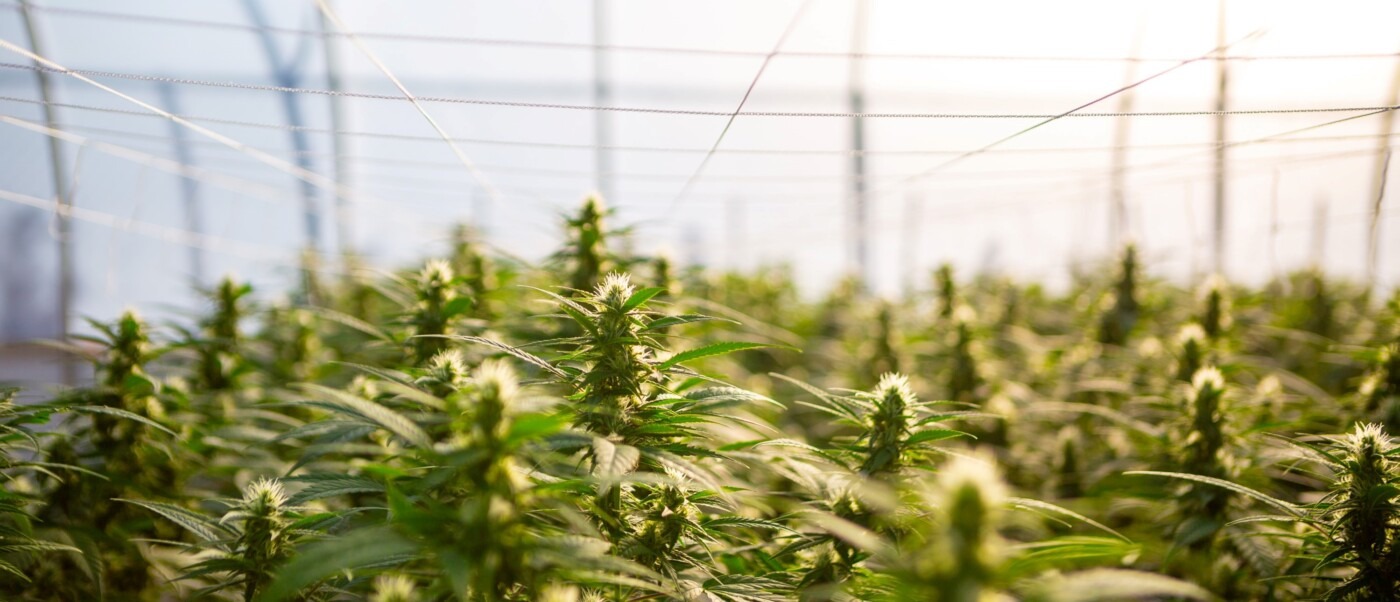Thinking green: could cannabis help fight climate change?
A s the climate crisis continues to loom over our heads, the need for sustainable climate solutions has become all the more urgent. This need is especially apparent in sectors such as agriculture and construction. Studies have shown that fertilisers and pesticides are exhausting the land, leading to yield reduction. Harmful chemicals are emitted into the atmosphere through both material manufacturing and the building itself, accounting for up to 50% of climate change. There have been ongoing calls for a sustainable future in these fields, but perhaps the answer to these issues has been right in front of us all along…
Experts have argued that hemp is an extremely versatile and cost-effective crop
Prior to its criminalisation in the 1970s, hemp was used extensively in fabric, paper, and even medicines dating back to 10,000 BC. Hemp fibres were used to make boat sails, and hemp oil, when burned, lit lamps in people’s homes. Hemp growth was widespread throughout America, and it was seen as so valuable that even Henry Ford created a car that ran on hemp oil. In the present, there has been increasing discourse around the use of hemp in construction as a more sustainable alternative to other more harmful building materials. Experts have argued that hemp is an extremely versatile and cost-effective crop – a benefit that even its critics can’t ignore. As well as construction materials, hemp can be used in biodegradable plastics and in automotive and aerospace industries. Not only is hemp extremely versatile, it’s also a land-saving crop, mitigating the need for land expansion into forests and needs very few inputs, like fertilisers, meaning the land can recover from years of chemical treatment. Unlike other building materials, hemp uses less energy and yields more usable fibres per hectare than forestry, and the benefits don’t end there.
In terms of ethical benefits, the high price of hemp fibres and the lack of soil input needed for cultivation provides an opportunity for farmers to earn a stable income. The profits farmers make from harvesting crops yearly fluctuate massively due to the effects of climate change. Many crops are completely destroyed by long periods of drought or torrential rain and warmer temperatures can have a detrimental effect on soil structure and fertility. According to the publication Dezeen, hemp can capture carbon in the atmosphere twice as effectively as trees, and those materials created from hemp fibres are not simply carbon-neutral, they are in fact carbon negative.
Though the use of hemp fibres is far better for the environment than other materials, what remains arguably in the way of its worldwide use is the stigma around materials derived from cannabis
Plenty have begun to endorse the use of hemp, but there are still considerable obstacles to overcome before worldwide use can become a reality. So what are these obstacles? Though the use of hemp fibres is far better for the environment than other materials, what remains arguably in the way of its worldwide use is the stigma around materials derived from cannabis. In the 1970s, the cannabis species was deemed a class I drug. After its criminalisation, its benefits and uses were largely silenced, replaced instead with a rhetoric of danger and harm. Cannabis was from then often used as a scapegoat in many domestic criminal cases. From this, the plant gained a reputation as a gateway drug, and its non-recreational uses went largely ignored. It is only now cannabis has been legalised in some areas that we have paused to reconsider our view of the plant. Despite the absence of psychoactive components, hemp’s association with cannabis has unfortunately harmed its reputation even amongst climate experts who are aware of its benefits. In 2021, organisers of the COP26 summit declined a hemp group’s request to be featured as part of the event.
It can be celebrated for a greater social good, rather than simply recreational use
Events like these aren’t the only places where hemp is being sidelined. Though the UK government pledged to end what they called the ‘chainsaw massacre’ of illegal deforestation by 2030, they still refuse to recognise hemp as an essential element of how this target can be met. It is imperative that we rethink how we view all cannabis species, especially those such as hemp, that could prove vital in our fight against climate change. On hemp use, it can be celebrated for a greater social good, rather than simply recreational use. Though its benefits are undeniable, we must also acknowledge that hemp can act as one of the many methods we need to utilise to help tackle climate change. As the novelty of cannabis legalisation wears off, it’s important that climate experts ride the wave of its gradually decreasing stigma, so that the cannabis plant can be conceptualised as a plant of practicality as well as pleasure.

Comments